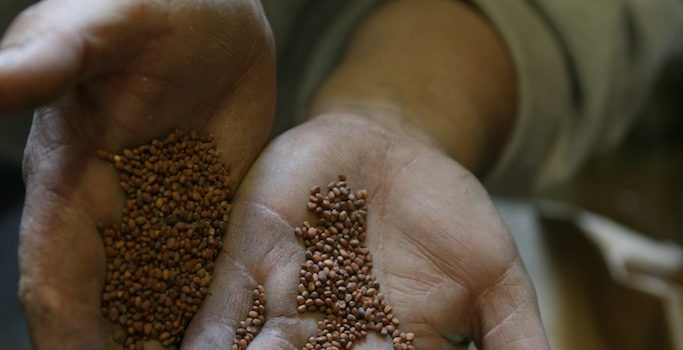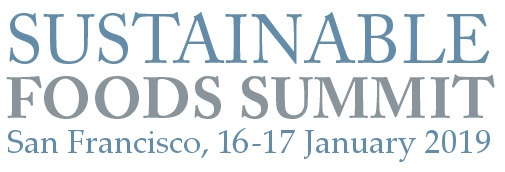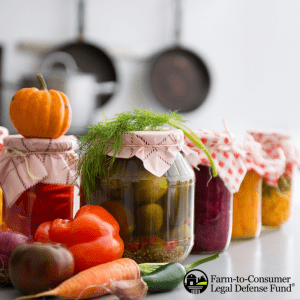Growing for Seed: Small Scale Production & Seed Saving
January 15, 2019, 5:30 p.m. – 7:30 p.m - FREE | Viva Farms Ag Park | 16470 Washington 20 | Mount Vernon, Washington - Join
OSA’s Micaela Colley and hosts Viva Farms for an evening workshop on
small scale seed production and seed saving. Gain the tools you need to
start growing and saving seed with a focus on work with culturally
significant varieties. Spanish translation will be available.
The
workshop will be held on January 15, 2019, and is being offered free of
charge thanks to support from the New Field Foundation Seeds, Soil and Culture Fund. Pre-registration is requested. https://seedalliance.org/events/seed-production-mt-vernon/
The North American Sustainable Foods Summit will be hosted in San Francisco on 16-17th January 2019. Other editions in this international series will take place in Latin America (São Paulo, 29-30th November), Europe (Amsterdam, 13-14th June 2019) and the Asia-Pacific. Each edition will bring together some of the most influential organizations involved in sustainability and eco-labels in the food industry.
The aim of the Sustainable Foods Summit is to explore new horizons for eco-labels and sustainability in the food industry by discussing key industry issues.
- How do organic, fairtrade and other eco-labeling schemes further sustainability?
- With growing proliferation in labels, what are the prospects for a single sustainability standard for food products?
- What are the practical application of sustainability metrics?
- What advances are occurring in sustainable ingredients?
- What developments are happening in formulation, production and marketing of sustainable food and beverages?
The Sustainable Foods Summit is devised for key stake-holders in the food industry that include:
-
Food & beverage companies
-
Packaging companies
-
Academics & researchers
-
Ingredient & raw material suppliers
-
Industry organizations & NGOs
-
Investors & financiers
-
Retailers & distributors
-
Certification agencies
-
Other stake-holders
Organized by Ecovia Intelligence (formerly Organic Monitor), the Sustainable Foods Summit is a climate-neutral event. The carbon footprint of each edition is determined by calculating the carbon and greenhouses gases. These emissions are offset by investing in soil composting and / or related projects.
------------------------
39th Annual EcoFarm Conference
January 23, 2019 -
January 26, 2019
The Ecological Farming Association (EcoFarm)
presents the 39th annual EcoFarm Conference January 23-26, 2019 in
Pacific Grove, CA.
The event features 70+ workshops, intensives, keynote sessions, an exhibitor marketplace, and special events including an annual awards banquet, tastings, seed swap, live entertainment, and organic culinary fare. Workshops offer practical and cutting-edge information on crop production, livestock, soil health, marketing, distribution, and food systems.
The event features 70+ workshops, intensives, keynote sessions, an exhibitor marketplace, and special events including an annual awards banquet, tastings, seed swap, live entertainment, and organic culinary fare. Workshops offer practical and cutting-edge information on crop production, livestock, soil health, marketing, distribution, and food systems.
As the oldest and largest organic farming
conference in the West, EcoFarm is a prime networking and educational
hub for farmers, ranchers, distributors, retailers, activists,
researchers, and educators. https://eco-farm.org/conference







